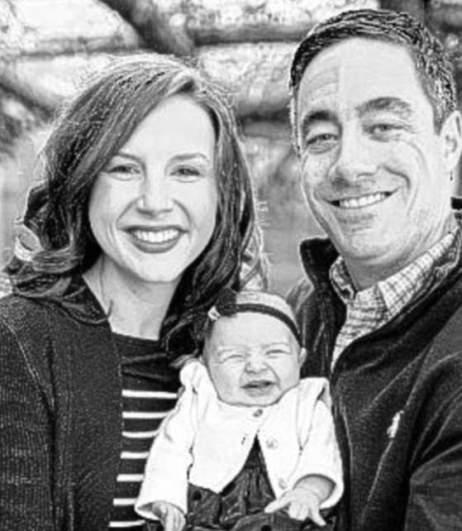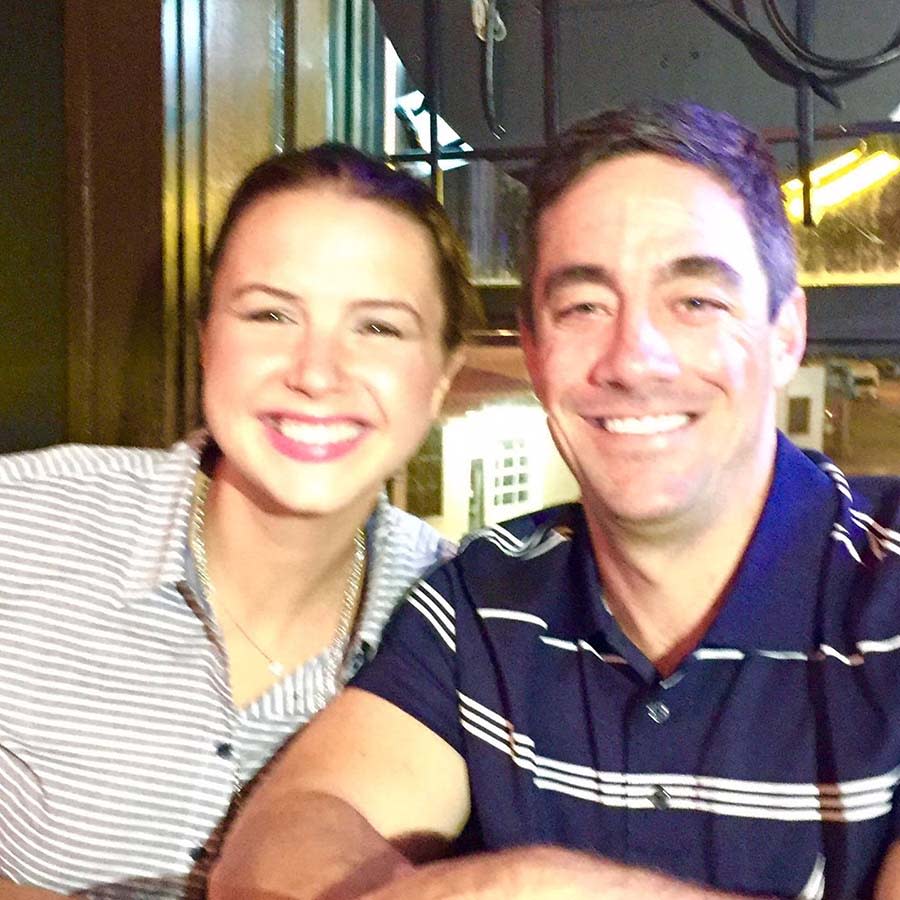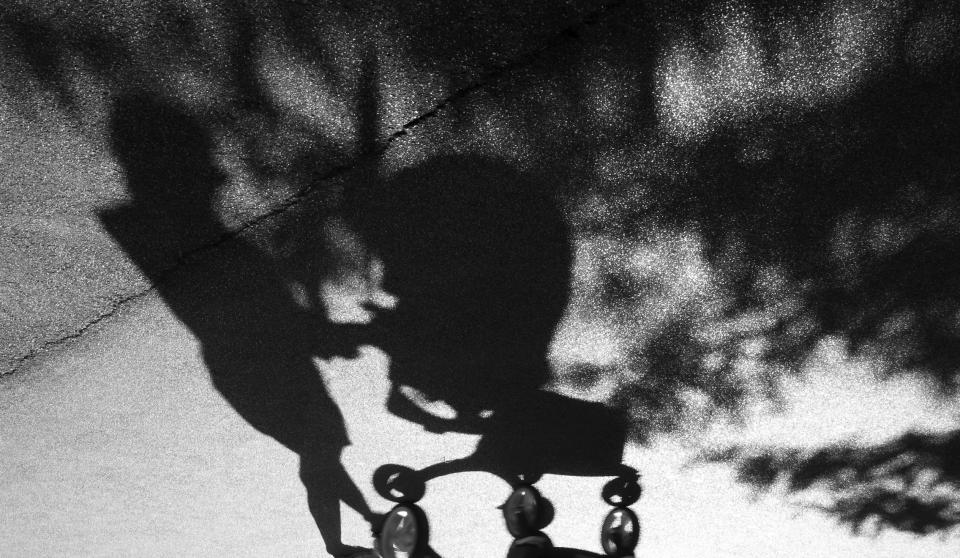Postpartum psychosis may have caused this double-murder suicide

A Missouri mom is suspected to have been the shooter in a double-murder suicide that left her, her husband, and their 3-month-old daughter dead in their home last week. Those who knew 32-year-old Mary Jo Trokey, her 33-year-old husband Matthew, and their infant daughter, Taylor Rose, expressed sadness and shock in the aftermath of the tragedy.
“It’s hard to imagine what happened,” the Rev. Bob Reiker, the family’s pastor, told the St. Louis Post-Dispatch. “People are baffled by it. It’s inexplicable how someone could do this to themselves, let alone their little girl.” Reiker had included the young family in a December newsletter, congratulating them on the birth of their daughter and featuring a picture of a smiling Mary Jo holding Taylor Rose.

A LinkedIn profile for Mary Jo lists her as a medical social worker for UnitedHealth Group. Among her responsibilities: “Meet[ing] the social and emotional needs that affect and … [improving] a patient’s conditions, treatment, recovery.” The family’s pastor noted that the couple volunteered at St. Vincent DePaul, one of five places Trokey lists in her volunteer experience on her Linkedin profile.
But while she gave her time to help those with medical issues, experts are now wondering whether it was Trokey herself who needed help in the final days of her life. Although postpartum depression — which affects one in seven women — does not increase the likelihood of violence, a very rare form of the illness called postpartum psychosis can in fact endanger the life of a mother and her infant.
Yahoo Lifestyle spoke with Dr. Susan Benjamin Feingold, a clinical psychologist who has been studying women’s reproductive-related mental health issues for 25 years, about the issue. Feingold stressed the importance of waiting for more information before attaching the term postpartum psychosis to the Trokey case, but she did say that the situation “has that sound to it.”
The Centers for Disease Control and Prevention estimates that as many as 15 percent of women who give birth — nearly 900,000 women each year — experience postpartum disorders. The vast majority of these women experience depression and anxiety, and symptoms such as extreme sadness, nervousness, and exhaustion — uncomfortable, to be sure, but not dangerous. In extremely rare cases, new mothers can develop postpartum psychosis, which is a decidedly different disorder.
Occurring in one to two out of every 1,000 women, postpartum psychosis is a serious mental illness marked by paranoia and hallucinations. Because the mood disorder propels a mother into psychosis, it can put the baby and mother in immediate danger. “It usually presents fairly early and it has a different feel,” Feingold tells Yahoo Lifestyle. “These women are experiencing mania, hearing voices, [and] having delusional thoughts. Because they are psychotic, they need immediate hospitalization — both for their safety and their family’s.”
While Feingold says that infanticide — killing a child within a year of birth — is only reported in one to four percent of postpartum psychosis cases, it can happen. “Those cases are very rare. But when it does happy, it’s thoughts like, ‘If I kill myself and kill my baby, maybe I’ll save the world’ — those kinds of delusions,” says Feingold. “As strange as it sounds, these mothers believe they’re doing this for the baby’s sake, or that they’re saving the baby. It’s psychotic thinking. They’ve lost touch with reality.”
Feingold, who has been working to get a law passed in Illinois that protects women with postpartum psychosis who commit infanticide, says society often fails to recognize that this is a sickness — and beyond a woman’s control. “People look at these cases and think: this person is a murderer,” says Feingold. “They don’t understand that this is a mental illness.” She added, “We believe it’s very related to bipolar disorder.”

Photo: Getty Images
Although postpartum depression or anxiety can be caused by stress or hormonal changes alone, scientists believe that postpartum psychosis usually involves more of a chemical imbalance — either one that was present before childbirth, or one that develops in the aftermath. A review of the disorder from the Journal of Women’s Health in 2011 described postpartum psychosis as an “overt presentation of bipolar disorder” — a very severe form that is “timed to coincide with tremendous hormonal shifts after delivery.”
On top of hallucinations, paranoia, and delusional thinking, other symptoms of postpartum psychosis can include trouble sleeping, rapid mood swings, hyperactivity, and irritability. The good news, says Feingold, is that the condition is temporary. “There are many women who have [postpartum psychosis] who don’t commit infanticide, but it’s a possibility,” said Feingold. “So we need to intervene quickly and get these women help.”
Postpartum psychosis also does have a successful treatment track record, a combination of anti-psychotic drugs and psychotherapy can alleviate the symptoms. “There is a very good prognosis for full recovery,” Feingold says. “But these are the real tragedies — where someone falls beneath the cracks.”
Read more from Yahoo Lifestyle:
Selena Gomez completes treatment program for anxiety and depression
Jessica Biel says post baby-body pressure is a “mom competition”
Natalie Portman breastfed her daughter during a meeting, and it was apparently ‘elegant’
Follow us on Instagram, Facebook, and Twitter for nonstop inspiration delivered fresh to your feed, every day.
